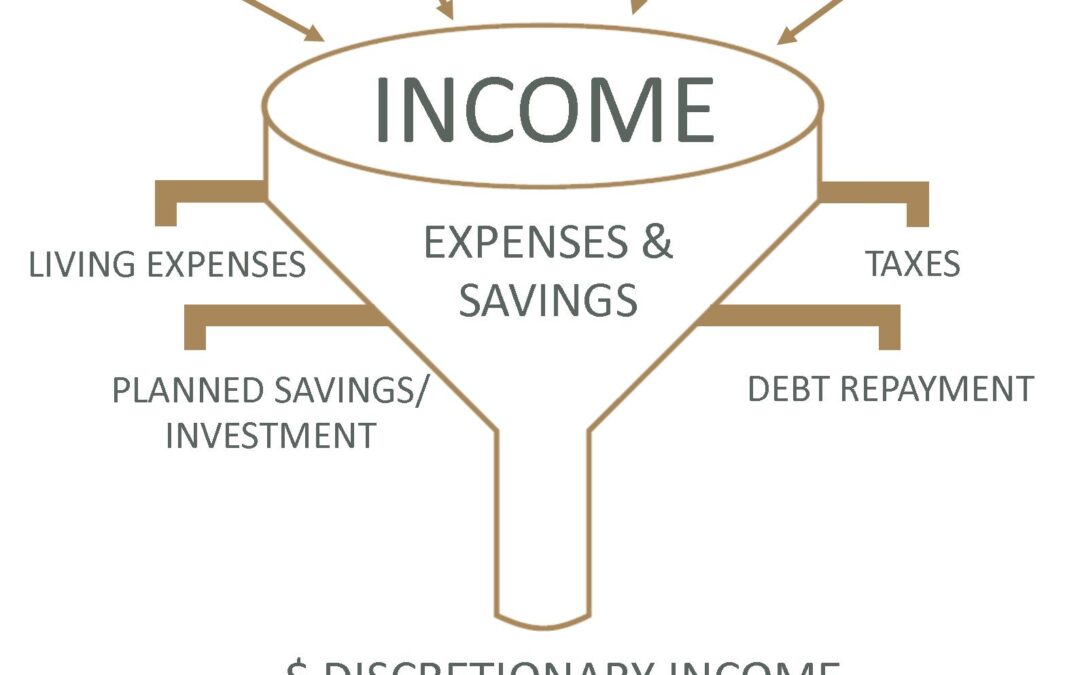If you’re like many Americans, you might be worried about how to prepare for your own or your loved ones’ long-term healthcare needs. In previous generations, elderly parents and grandparents could count on moving in with relatives when they became unable to live alone. However, today’s family dynamics have changed and many Americans are reluctant to burden their families with caregiving duties.










